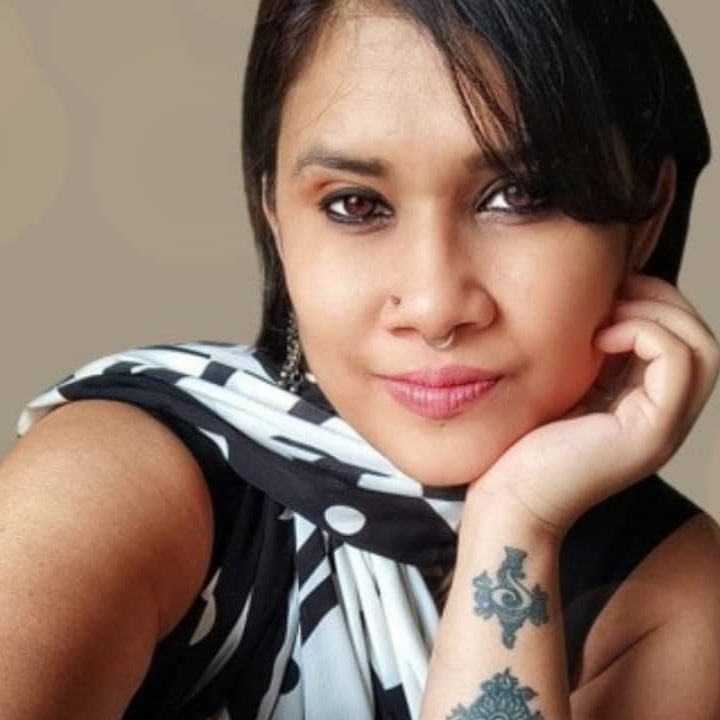CATEGORIES
People We Admire | She Speaks | Women EmpowermentKindly Share a Little About Yourself and Your Passions.
I’m primarily a writer-researcher and have been straddling the worlds of journalism and academics for over a decade. As a culture writer, I have been deeply committed to the arts and literature, and keep finding a way to engage with them. However, as a lifelong learner and seeker, I keep myself open to different kinds of work and experiences. I am currently juggling a number of things including a Ph.D. program, freelance writing, occasional research and teaching, a senior program coordinator’s role at Seeds of Peace India, and even running a podcast! However, it is peace work that I am most passionate about, and interfaith harmony is what I seek to help establish through my work. I gave one TEDx talk on the subject, and want to continue to speak/write about this. I hope to be able to join that inspiring cadre of people who work to create peace in a world torn by conflict.
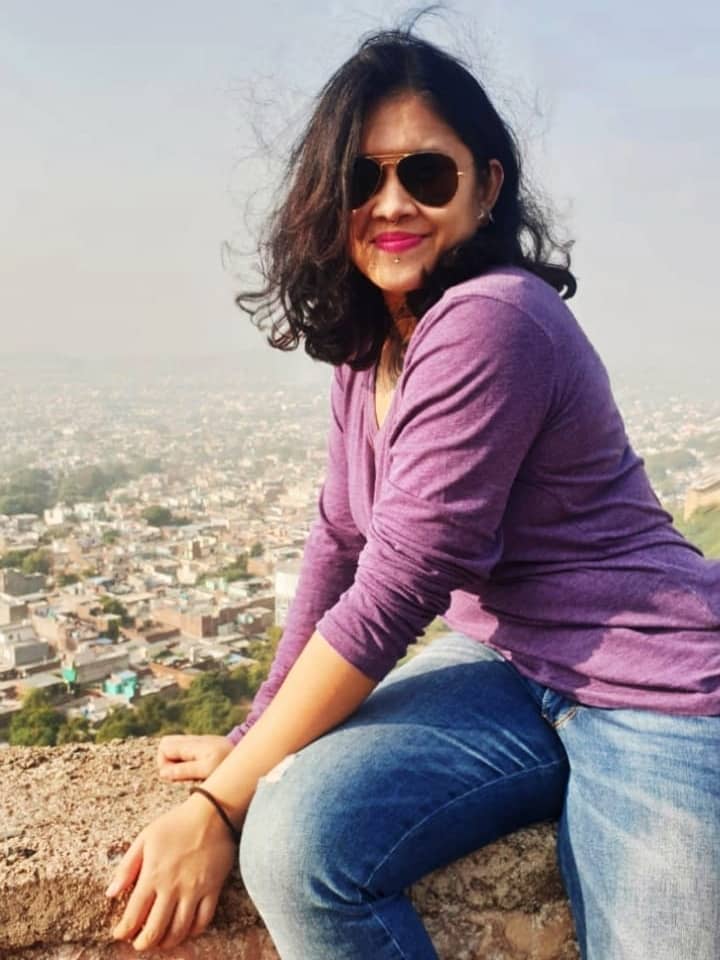
You Were a Journalist for Over a Decade. Please Share Your Experience With Us or Any Advice for Students Pursuing Journalism.
The funny thing about my journalism career is that I have no formal training in it. I was always good at writing, and I just followed that path instinctively—first as a copywriter with ad agencies, and then a copy editor cum reporter in news media. I was lucky to get a break with the Pune Mirror and start my career at the Times Group with some incredible bosses at the helm. I learned most of what I know about journalism there. Over the years, I’ve worked with social media agencies, consumer and trade magazines and freelanced for almost all major news publications of India, including Scroll, The Wire, Mumbai Mirror, Outlook, The Hindu, etc., and even received my first journalism award because of a story I did for Scroll. I started at the news desk, but moved to culture features eventually, marrying my interests to my skill. And honestly, that is the only piece of advice I have to offer to students of journalism or otherwise. Follow your heart—write about what you truly care about in all honesty, and the world will listen.
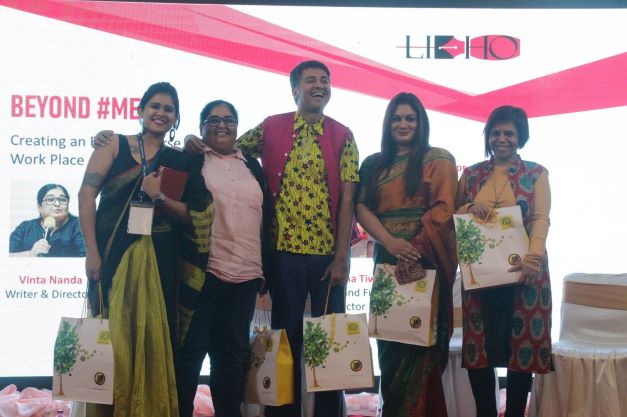
Kindly Share More Context for Our Audience on “Peace Journalism”.
The news culture as we know it today is one based on sensationalism—especially of the negative kind. In fact, it is mostly bad news that qualifies as news. There are very few media outlets that give reasonable print space or airtime to good, uplifting stories. All we hear constantly are news pieces on crimes, corruption, poverty, inflation… basically, everything that’s wrong with the world. Sure, these are important, but it creates a skewed worldview—it makes it look like all is lost. Peace journalism, on the other hand, focuses on stories of goodness. Even if the story is about violence, this style of journalism seeks to focus on the core reasons that caused it, and not just the gory outcome. With compassion at its core, it approaches problems with a humanitarian lens. It wants to shine a light on what the fundamental pain points are rather than the superficial injuries. It aims to go deeper than the shouting matches that live television serves us in the name of news these days.
What Was the Inspiration Behind Starting Your Journey as a Culturalist?
The post-graduate diploma in Comparative Mythology, which I came across and enrolled for quite by chance, caused a big shift. It was the first time I was exposed to world cultures/religions, and comparing them with the Indian culture helped me see how fundamentally similar everyone is—no matter the place or milieu of their birth. I learned to look beyond the narrative of differences I was fed since my childhood—it was my eureka moment. I realized how we are all a product of our culture and what a decisive influence it has on how we think and behave. So, I directed all my learning and work in that direction, so as to understand this key that controls human behaviors and societies. Even after years of doing this, I know I have seen just the tip of the iceberg—culture is truly a vast and wonderful thing.
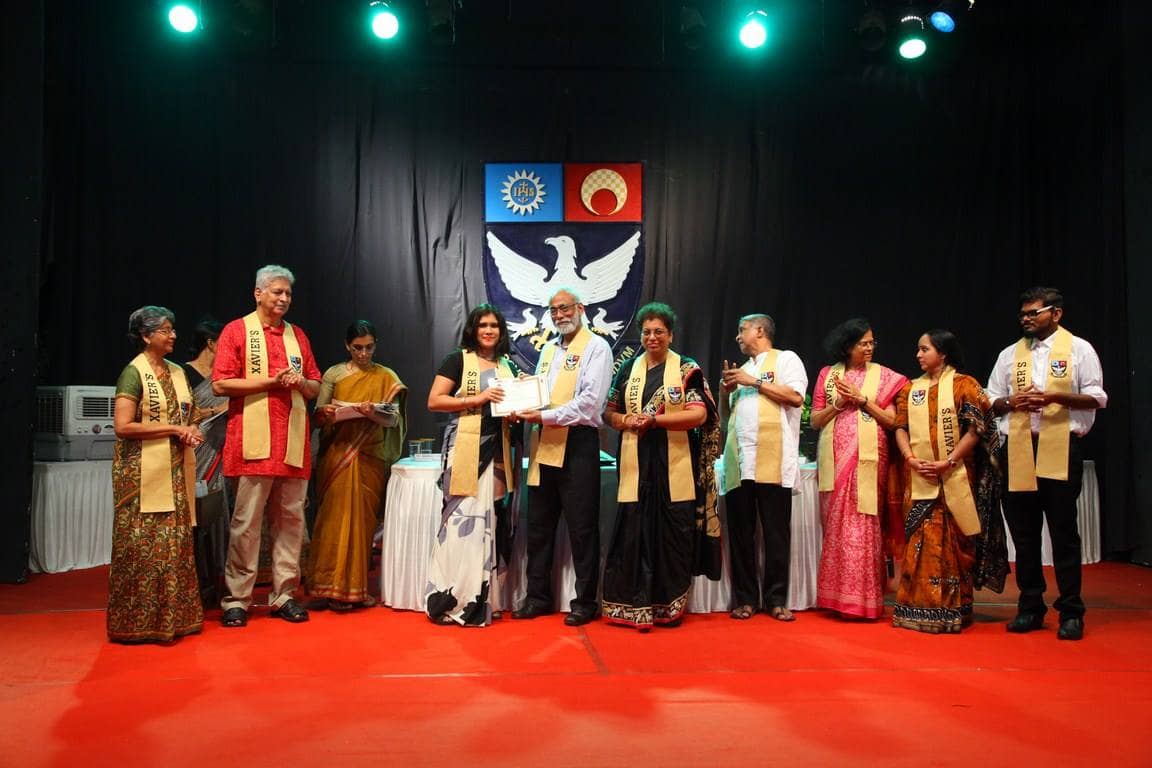
How Have You Balanced Your Personal and Professional Lives?
I can’t say I am very balanced in this regard, bordering on workaholism. I have done double time for most of my professional life, and I keep pushing myself to achieve one milestone after the next. My son didn’t really see much of me as he was growing up, and that is true even now. But as I approach my 40s, I am telling myself to slow down a little and escape what is essentially the capitalism trap–even if a little. Yoga helps!
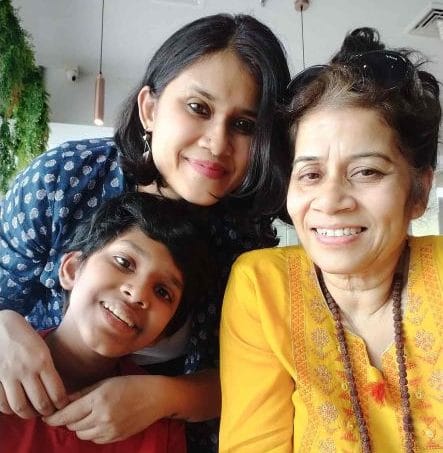
What Do You Consider Your Greatest Achievement Till Date?
I survived the pandemic! Honestly, after the last two insane years, this achievement has raced to the top spot on my list. But jokes apart, topping my MA (especially as an ‘older’ student), getting the journalism award for a story on the LGBTQ community, and giving a TEDx talk on religion in 2017 have felt pretty special.
What Is Your Message to Our Community, From the Perspective of a Peacebuilder?
The political milieu of our times is constructed on a culture of hatred. At every turn, there is a promulgation of prejudice and divisiveness. It has caused deep rifts in our minds and our society, where we no longer see eye to eye with those unlike us. It is imperative to breakthrough.
Peacebuilding is not just the prerogative of peacebuilders, but a fundamental duty of every citizen. All of us, and those after us, deserve a world of amity and harmony. You don’t have to be an activist—but do your bit to bring peace to your part of the universe. Where you see hate speech, call it out if you can. If you can’t, hold your silence. Engage, interrogate, introspect—no effort is too little.

